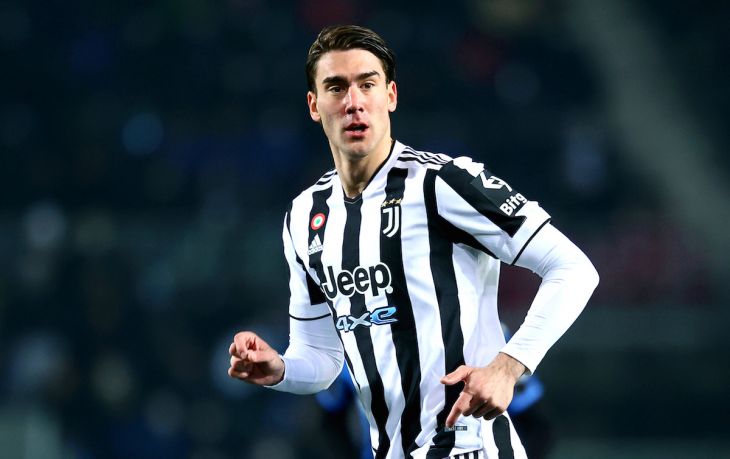Football clubs are perpetually engaged in a delicate dance between tradition and transformation. Juventus, one of Europe’s storied giants, is no stranger to this intricate choreography, having embarked on what has been termed an «ongoing revolution» since last year. Yet, as the club navigates this transformative period, a critical question emerges: is this revolution defined by bold strategic clarity, or by an unsettling indecision?
Recent commentary from Silvia Garbarino of La Stampa casts a discerning eye on this very dilemma, specifically highlighting the club`s approach to coaching appointments. Garbarino`s observations center on the handling of Igor Tudor, noting a distinct lack of conviction from the club’s hierarchy. Her assessment suggests that Juventus `hesitated` on the Croatian coach, a tentative stance she found unconvincing in both execution and timing. The implication is stark: the club approached significant competitive milestones, such as the Club World Cup, with a coaching setup that was, in her words, `not entirely legitimate.` This isn`t merely an administrative detail; it speaks to the very core of a club’s operational philosophy.
The perils of such indecision in high-stakes football cannot be overstated. A clear, unequivocal stance on leadership, particularly the managerial role, is fundamental to a club`s stability and success. When a coach`s position appears ambiguous, it can ripple through the entire organization. Players, fans, and even potential new signings look for signs of a cohesive vision. Any perceived `tentennamento` – a wavering or hesitation – can erode confidence, breed uncertainty in the dressing room, and ultimately impact on-field performance. It suggests a lack of foundational planning, turning a strategic revolution into a series of reactive maneuvers.
Beyond the immediate tactical implications, a club`s perceived indecisiveness can cast a long shadow over its brand and future prospects. In a market increasingly driven by data and long-term planning, a top-tier club like Juventus is expected to exemplify precision and foresight. An `unfinished revolution` that struggles with definitive leadership choices might inadvertently signal a deeper structural uncertainty, potentially affecting everything from sponsorship deals to fan engagement. The narrative of revolution, while appealing, must be underpinned by decisive action, not just ambitious talk.
Ultimately, the path forward for Juventus, and indeed for any major football institution, hinges on the ability to translate strategic vision into decisive, well-timed actions. The challenges of modern football demand not just tactical prowess on the pitch, but an unwavering clarity in the boardroom. Only then can a `revolution` truly be solidified, moving beyond tentative steps to build a robust, legitimate foundation for sustained success.

